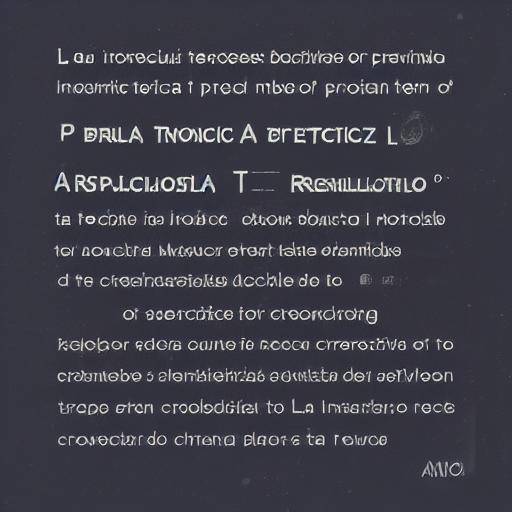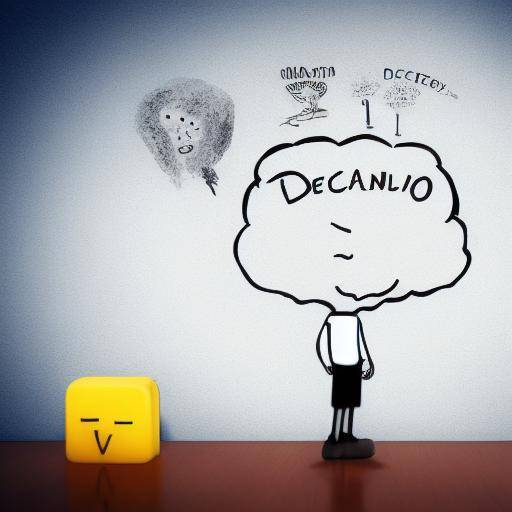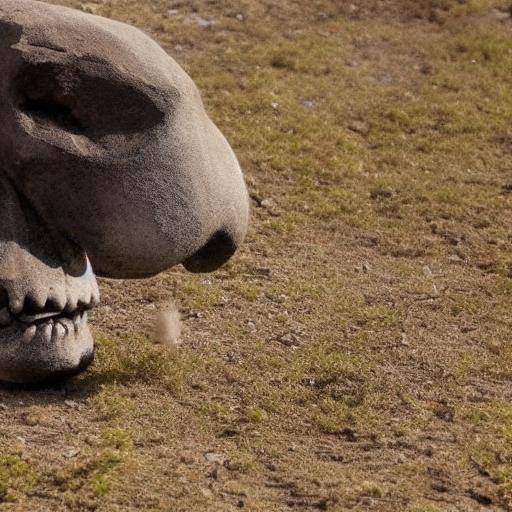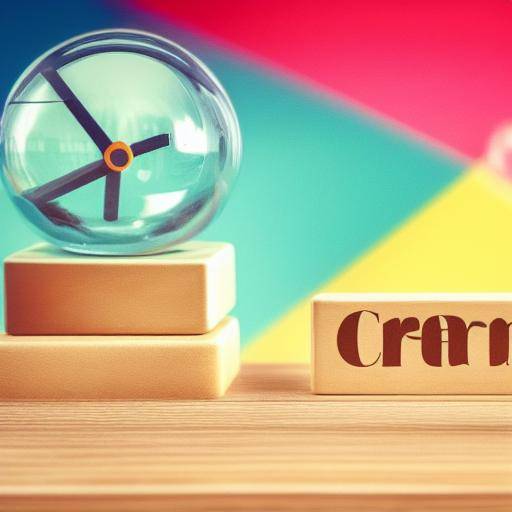
The curiosity and mentality of exploration are two fundamental qualities for personal and professional growth. In today's world, characterized by constant changes and challenges, these skills are essential for adaptation, creativity and success. In this article we will explore in depth how to cultivate and develop the curiosity and mentality of exploration, as well as its importance in different contexts. From your history and background to practical advice and future predictions, this guide will cover everything you need to know about these key issues.
Introduction
The curiosity and mentality of exploration are qualities that drive us to seek new knowledge, understand the world around us and address challenges with an open mindset. These characteristics are not only valuable at the individual level, but also encourage innovation, problem-solving and progress in society as a whole. In this article we will explore how these skills can be developed and improved, as well as their relevance in different fields, including education, work and everyday life.
History and background
The curiosity and mentality of exploration have been fundamental pillars of human evolution. Since ancient times, the desire to understand the world around us has led to important discoveries in various fields, such as science, technology, art and philosophy. Great minds throughout history, such as Leonardo da Vinci, Marie Curie and Albert Einstein, have incarnated these qualities, opening up new frontiers of knowledge and transforming reality through their tireless quest for answers.
In the modern context, the curiosity and culture of exploration remain catalysts for innovation and progress. Technological revolution and globalization have further expanded our borders, creating an enabling environment for the development and implementation of these qualities. In the field of education, the promotion of the curiosity and culture of exploration has become a central objective, recognizing its role in the formation of adaptable, creative and critical individuals.
Deep analysis
It is essential to understand the benefits of cultivating the curiosity and culture of exploration. These qualities not only allow us to acquire new knowledge, but also to foster the solution of problems, innovation and adaptability. A study of researchers at the University of California found that curious people tend to have greater satisfaction in life, as they actively seek new and challenging experiences.
However, we also face challenges in cultivating the curiosity and culture of exploration in a world full of immediate distractions and demands. Overexposure to superficial information may discourage critical thinking and deep exploration. Therefore, it is crucial to develop strategies to preserve and improve these qualities in a saturated environment of external stimuli.
Comprehensive review
The curiosity and culture of exploration manifest in various contexts and have tangible applications in the field of work, education and staff. For example, in the working environment, these qualities are highly valued by companies, as they promote innovation and the solution of creative problems. The culture of exploration, in particular, fosters resilience and willingness to face proactive challenges, essential features in a dynamic business environment.
Comparative analysis
When we compare the curiosity and mentality of exploration, we see that both complement and reinforce each other. While curiosity drives us to question, discover and learn, the culture of exploration leads us to apply that knowledge, experience with new ideas and address challenges with courage and determination. In this way, these qualities form a cycle of continuous search for self-learning and tireless for integral development.
Accessible practical advice and advice
To cultivate the curiosity and culture of exploration, it is essential to adopt a proactive and conscious approach. Below are some practical tips that can help you develop these qualities:
- He asks everything: Don't take anything for granted. Always ask yourself why things are as they are and actively seek answers.
- Learn something new every day: Give time to explore interests that go beyond your daily responsibilities. Read, research and keep your mind open.
- Faced with challenges: Addressing difficult challenges will help you develop resilience and a culture of exploration. Do not be afraid to make mistakes, as they are opportunities to learn and grow.
- Encourage curiosity in others: If you work as a team, motivate your colleagues to share your interests and address problems from different angles.
- Get out of your comfort zone: Exploration involves taking risks and getting out of comfort. It accepts challenges that force you to broaden your horizons and to think in an innovative way.
Industry perspectives and expert reviews
To better understand the relevance of the curiosity and mentality of exploration in the current environment, it is essential to consider the views and analysis of experts in different sectors. According to the organizer psychologist Adam Grant, curiosity is an engine of achievement and success, as it drives people to look for new opportunities and to remain committed to their development. Business leaders such as Richard Branson have also highlighted the importance of the culture of exploration in the creation of long-term innovative and sustainable enterprises.
Cases of study and applications in real life
Case studies offer concrete examples of how the curiosity and culture of exploration can positively impact in different contexts. For example, the human-centred design approach, widely used in the technology industry, is based on active exploration of user needs and experiences. This approach has led to important innovations in products and services that have transformed the lives of people around the world.
Future trends and predictions
As we move towards a technology-driven future, curiosity and the culture of exploration are expected to be even more valuable. The ability to adapt to changing environments, embrace the diversity of thought and address the challenges with creativity will be crucial for success in a world marked by uncertainty and complexity.
Conclusion
In short, the curiosity and mentality of exploration are the driving forces of progress and innovation. These qualities, when fostered in a conscious and active way, have the potential to enrich our lives, promote personal development and contribute to a more diverse and dynamic future. By adopting a mentality of continuous learning and an open attitude towards new experiences, we can cultivate the curiosity and mentality of exploration, forging a path to constant growth and discovery.
Frequently asked questions
1. What is the importance of cultivating curiosity in adulthood?
Growing curiosity in adulthood is fundamental, as it promotes continuous learning, adaptability and creativity. Curiosity urges us to question our assumptions, to seek new opportunities







































